Best Pets for Apartments
Best Pets for Apartments: Living in a small apartment, home, or even a small house can sometimes prevent people from owning pets. But, of course, many species and various companion animals can do well in a small space, but its behavioral, physical, emotional, and environmental needs are refreshed.
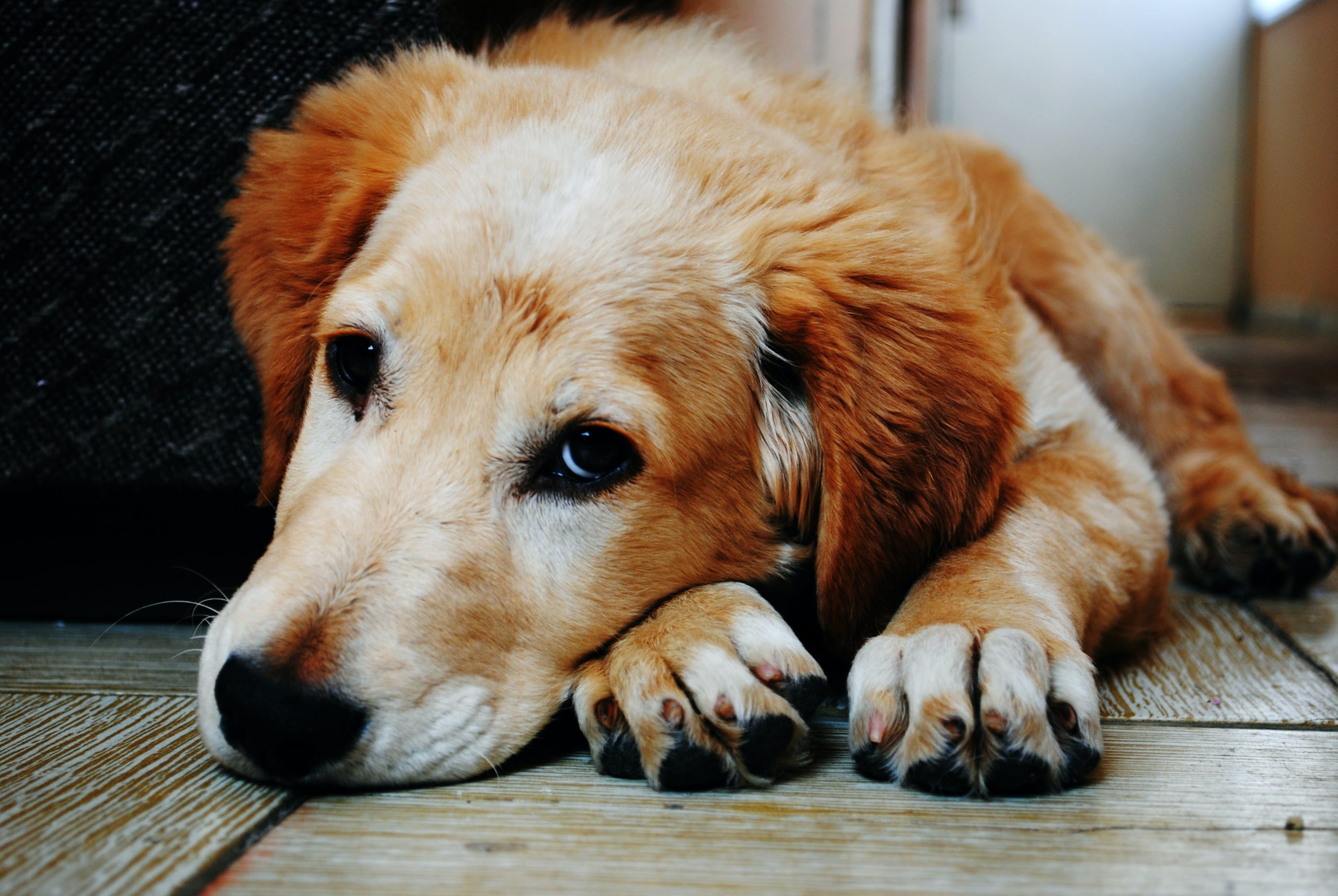
Dogs
Dogs can do well in small spaces but choosing the right Variety is the key to your success. Although there are size limitations in many places, the truth is that a large dog can live well in an apartment if you provide them with regular daily exercise needs and environmental richness during the day. The main and actual things you should look for are the tendency to bark and annoy the neighbors and the need for exercise.
Consider a dog in an apartment.
If you can’t get the dog out enough during the day and can’t afford to walk the dog, you better choose a quiet, small dog-like Cavalier King Charles Spaniel or Pug. Lucky Pop Adventure pet care expert Morgan Weber suggests a greyhound if your heart is set for big dogs. “These dogs are couch potatoes and they enjoy snoozing on the couch all day and are usually calm, quiet and coll.” Check with your apartment, residence, or condominium management Company as many will have restrictions on size and species and some may require additional insurance or large deposits.
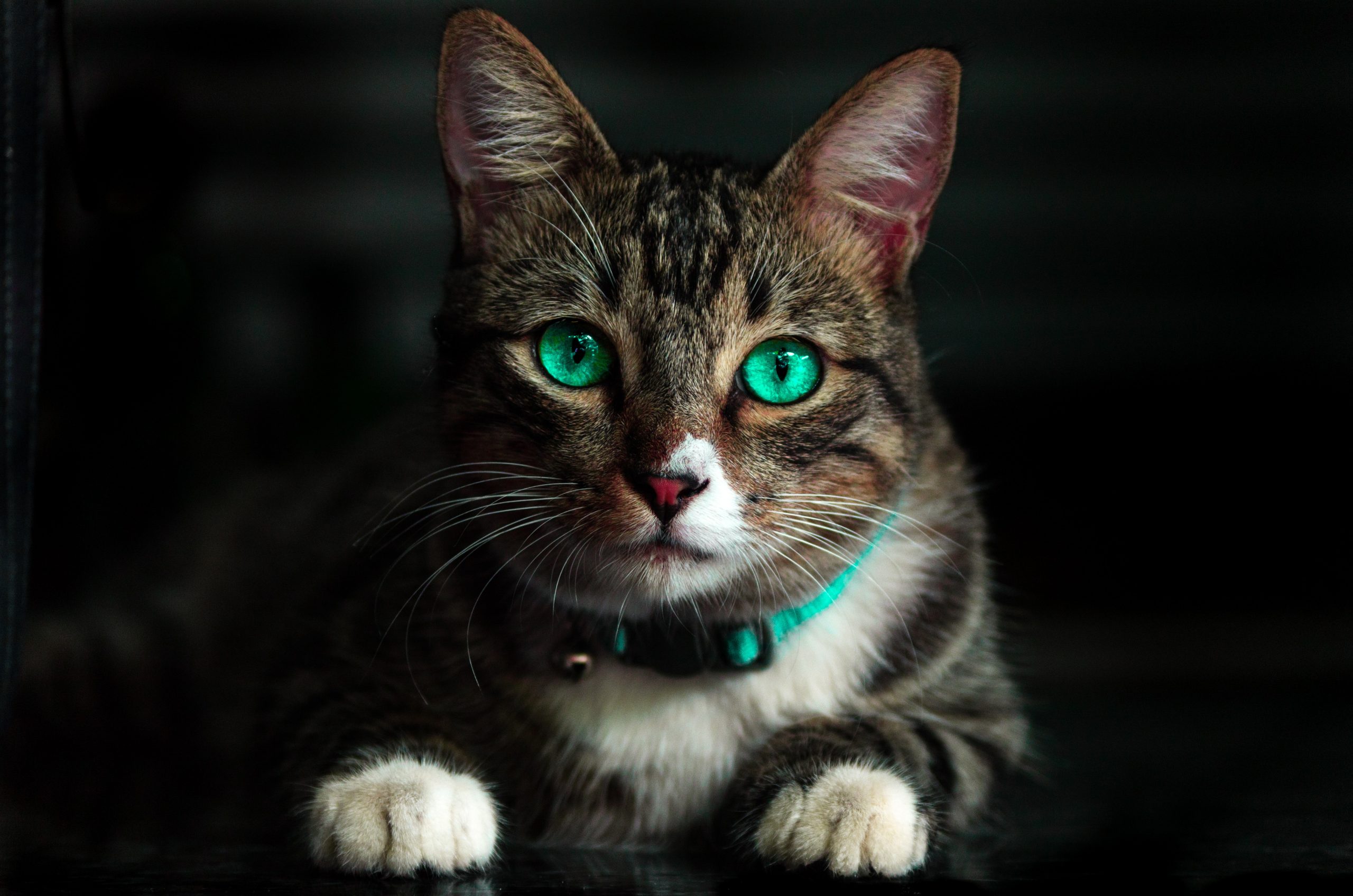
Cats
Cats can be the perfect pet within a small space but not every breed and personality is suitable for a small space. Cats usually do well in the apartment because they sleep in a good place in a favorite place. They don’t need to walk, and they can only be pets inside the house. Of course, they need attention when at home, but it can be a less maintenance activity, such as hugging in front of the TV, brushing the cat, or playing with toys.
Consider for cats in an apartment
Some cat species such as Siamese are very vocal, so if you walk away for two hours, and a cat with a cat screams and doesn’t want to bother your neighbors, and you can keep two. The cats such as Bengal and other big cats may not do well in an apartment because they have a much higher demand for physical and mental stimulation. Therefore, to keep someone happy in a small space, you need to interact and exercise with them a lot. Ber Weber recommends giving cats fun things when you’re not at home. Such as the cat-safe window perch and cat trees or shelves so they can explore. If you choose a very active cat and work long hours, she suggests that a pet sit down during the day and play with the cat so that behavioral problems do not develop. Dogs Just like dogs, your management company may have restrictions on cat ownership. For example, some facilities require the cat to be pierced or neutered to be sprayed and heat-related behavior such as crying.
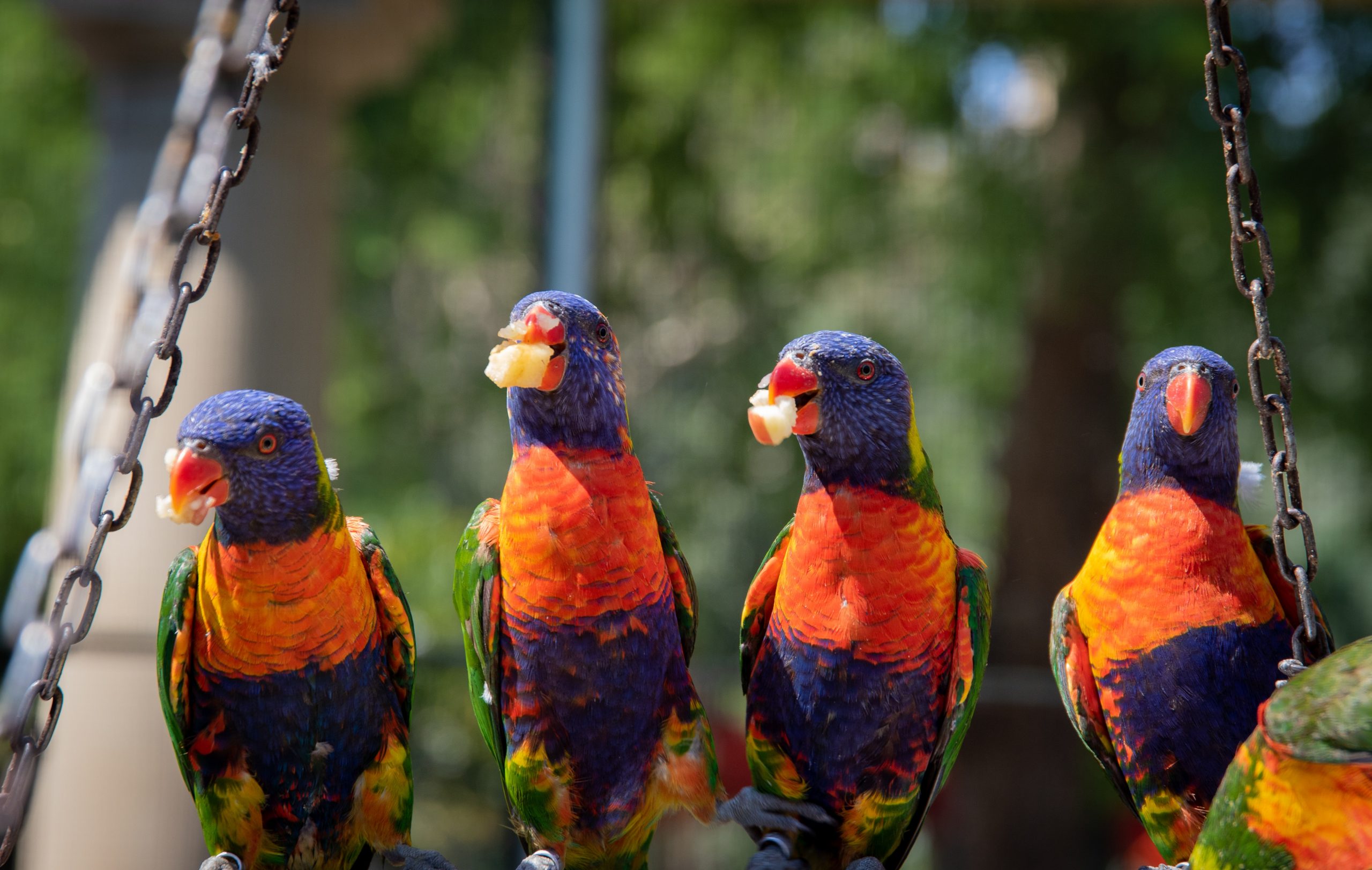
Parrots and other birds
A bird can be a small pet with some precautions. For example, many parrots need a lot of interaction and stimulation to be happy. If you are away for a few hours every day, stress and loneliness can lead to behavioral problems, and a common reaction is to scream, which will no doubt damage your relationship with your neighbors. On the other hand, small parrot species and
non-parrots like finches and canaries can do well in small spaces with the
right cage setup.
Consider birds in an apartment.
Bird If you are new to bird ownership, research your desired breed to make sure you can arrange for their daily care. This includes behavioral needs not only feeding, cage cleaning, cage placement, but also human behavior, toys, and other types of emotional stimulation. Most parrot species also need to take time out of their cages every day to be happy, so you should review your lifestyle when choosing birds.
Some parrots that might be a good choice are Cocktails, Buddy AKA Parakeets, Parrots, and Lovebirds. Finches and canaries are also good picks because they don’t make extra noise and their demand isn’t as intense as parrots.
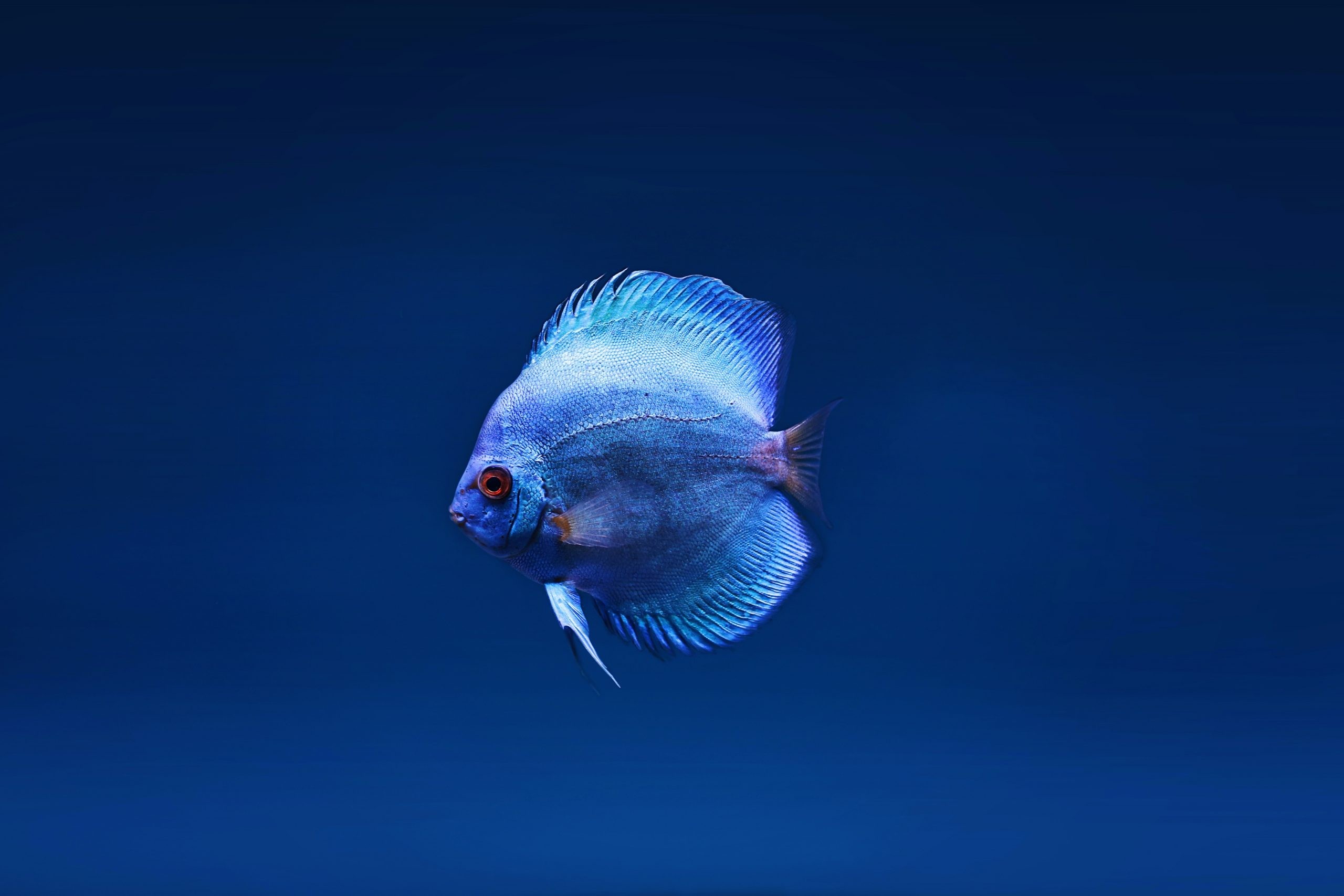
Fish
Fish have been shown to reduce stress, reduce blood pressure and even improve people’s behavior with Alzheimer’s disease. With your aquarium setup, there is a variety of fish that you can choose from and create your look. Beta and guppy are popular fish for beginners. However, you are not limited to just fish in your tank, as you can include some species of shrimp, snails, and even African dwarf frogs.
Consider fish in an apartment.
The aquarium is usually less maintenance although your workload will increase with the fish having more extensive water and environmental needs. Make sure you have thoroughly researched your fish preferences to know how much water you need to change and how often, feeding requirements, and make sure your fish are compatible with each other. You can be limited in the size of the tank depending on the needs of your apartment or condominium complex.
Reptiles
There are many types and varieties of reptiles that can do well in a small apartment. These include:
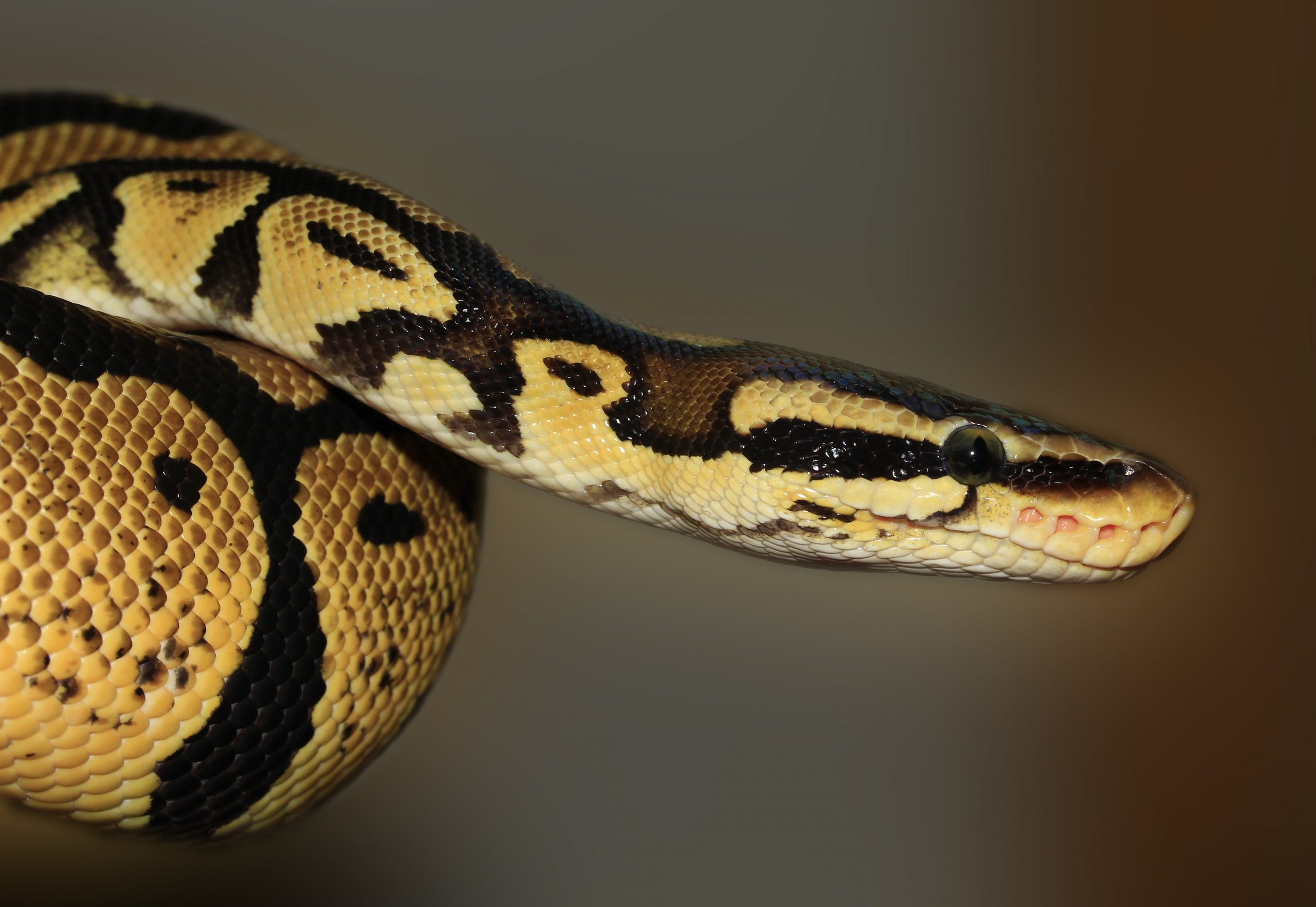
Snake
Snakes, especially small snakes such as corn snakes or ball pythons, do not need large tanks or be taken outside for exercise. They don’t even need to communicate with you to be happy, and many don’t like meeting and managing.
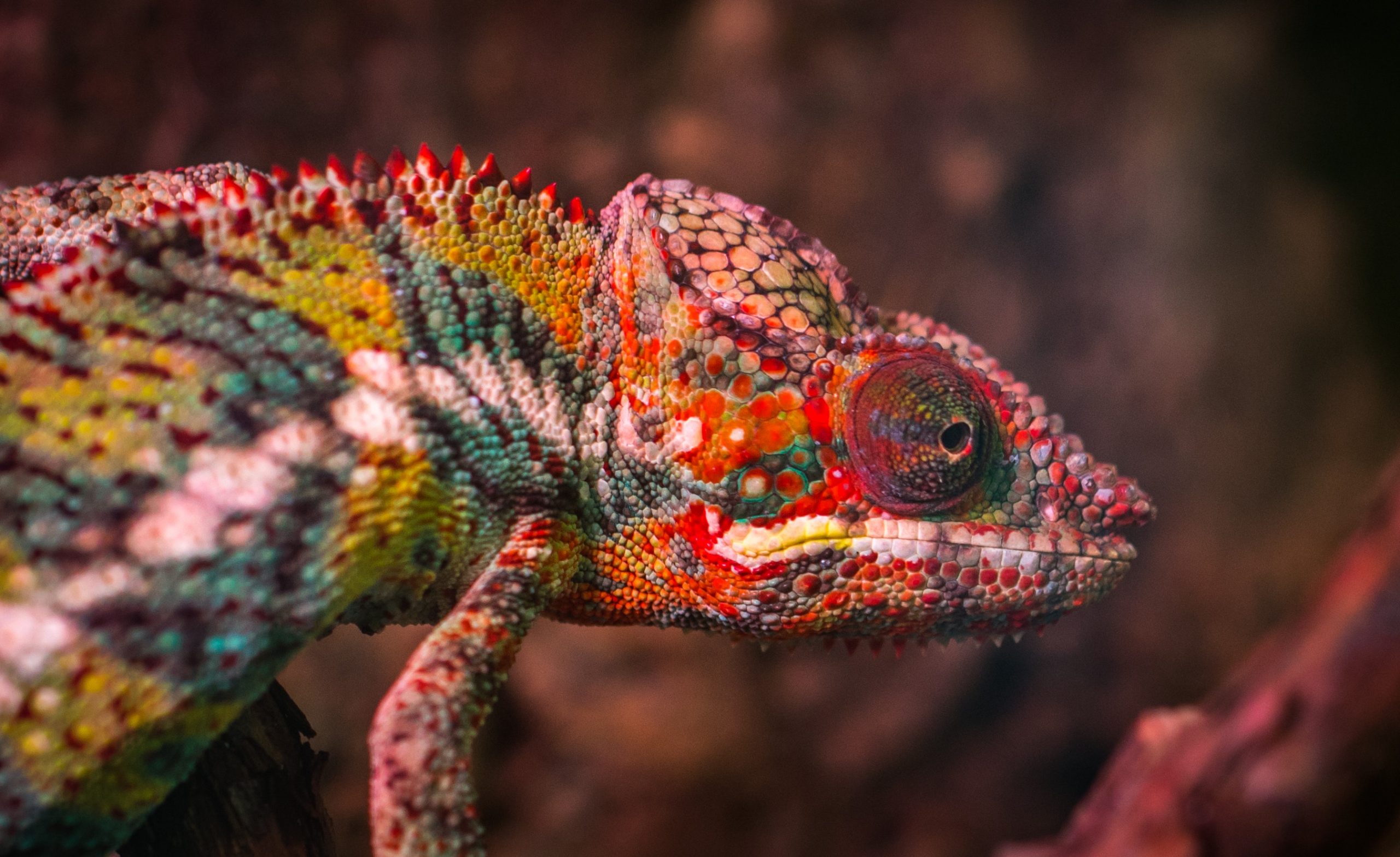
The lizard
Lizards like the bearded dragon and the cheetah gecko are easy to care for and can do well in medium to large tanks that can still fit in small-sized apartments. Like snakes, they do not need to walk or exercise, and if you work long hours every day, you will not suffer from separation anxiety. However, they may be a little more willing with humans than snakes.
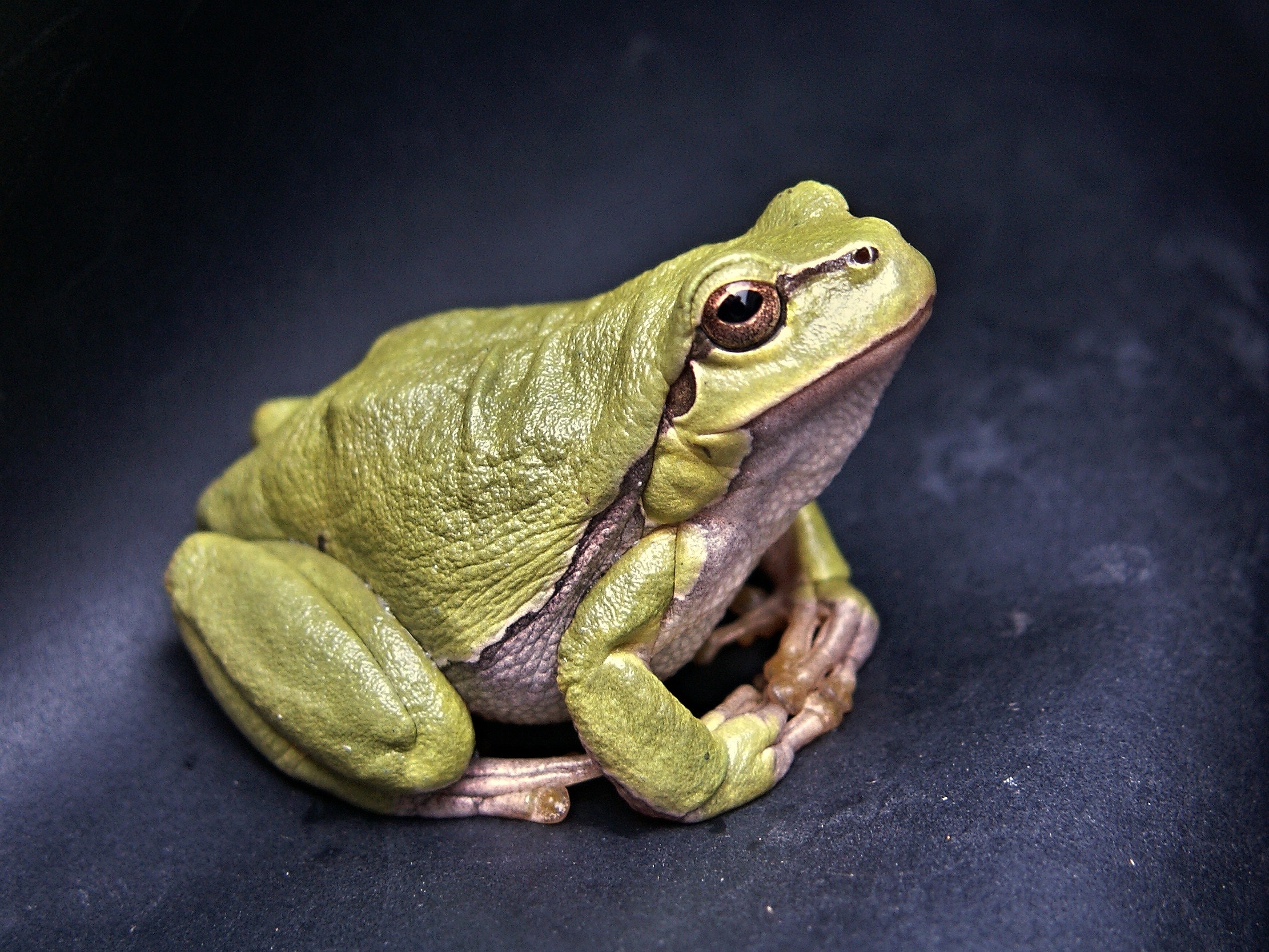
Frogs and toads
Frogs and toads can make a good pet for someone who wants a pet that is more for “watching” than contact. Several species can be found as pets, such as firefly toads and horned frogs. The tank requirements can range from about 10 to 20 gallons for a single amphibian, making it easy to keep them in a small space.
Consider reptiles in an apartment.
As long as you select a species that does not require very large tanks, you can keep a reptile quite well in an apartment. Research your species preferences because many require special care, including specific lighting, humidity, and temperature. Another disadvantage of reptiles is that they need to eat mostly live prey such as cricket, food worms, and rats. Others may eat frozen dead rats and mice. Some potential pet owners may find it very unpleasant.
Small “pocket” pets
Many options come in the “small pets” section, and many are suitable for small apartment spaces. Some popular species are:
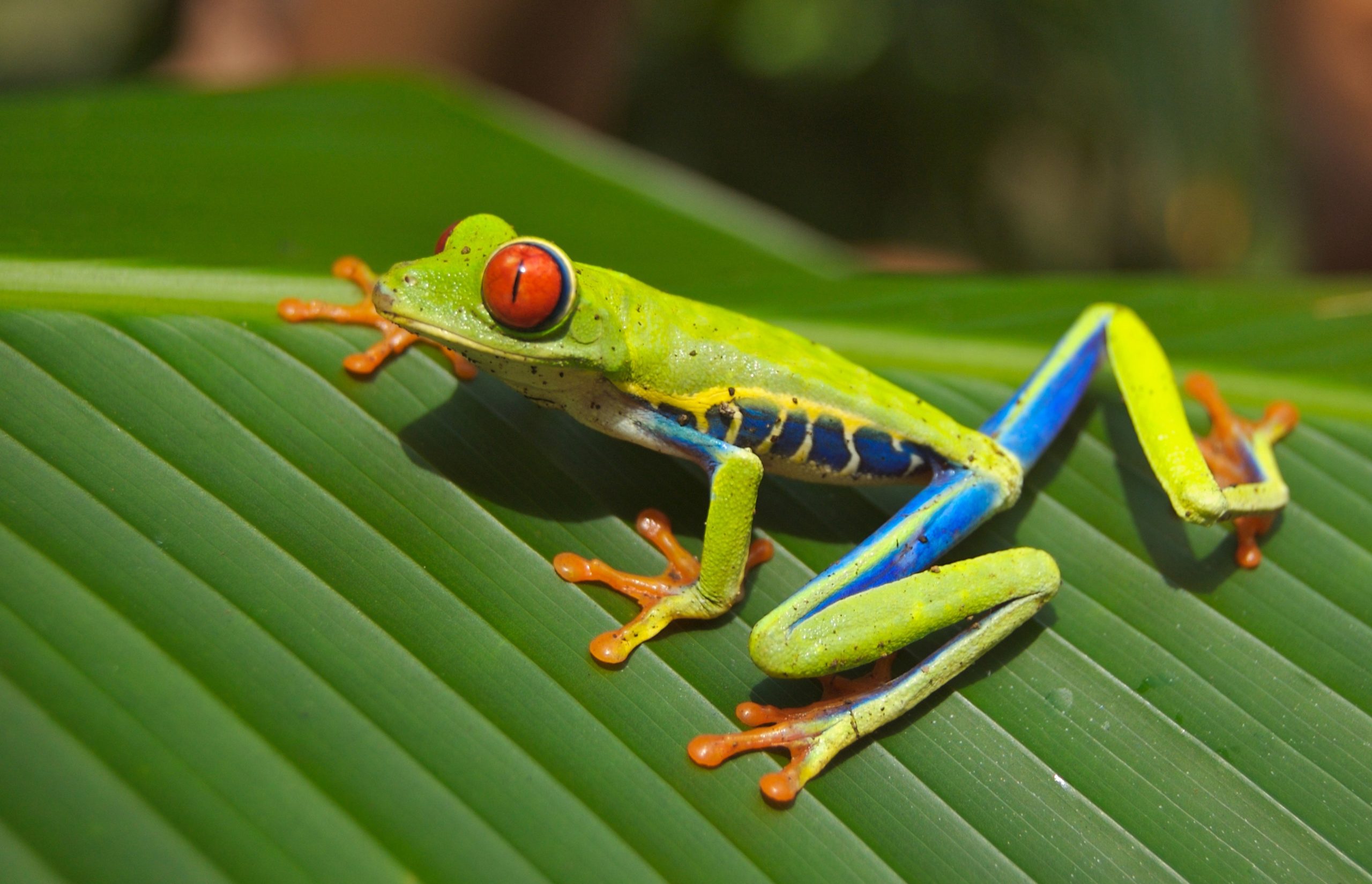
Frogs and toads
A popular pocket pet hamster. If you keep only one, you will not need a very large cage, but if you are looking for more, hamsters usually need to be kept separately to increase the amount of room you need. The hamster does not need too much care to clean the cage. Make sure there are suitable items for feeding and playing. You can communicate with them, although you need to do something to control them.
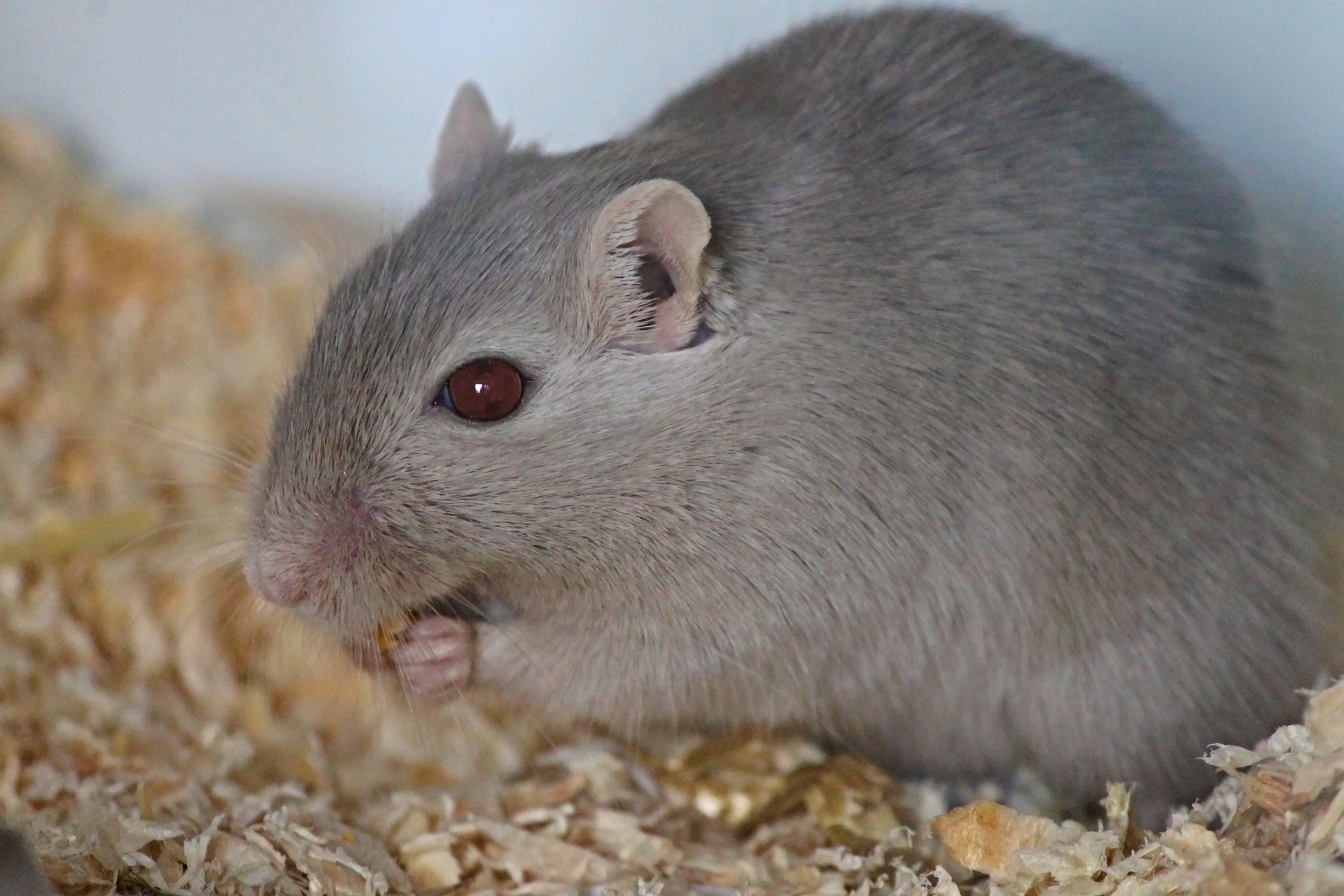
Gerbil
Like the hamster, the gerbil is a popular small pet that does not require much housing. You can have multiple beds in the same tank, and the general rule is to have at least 10 gallons for every one to two jarbills.
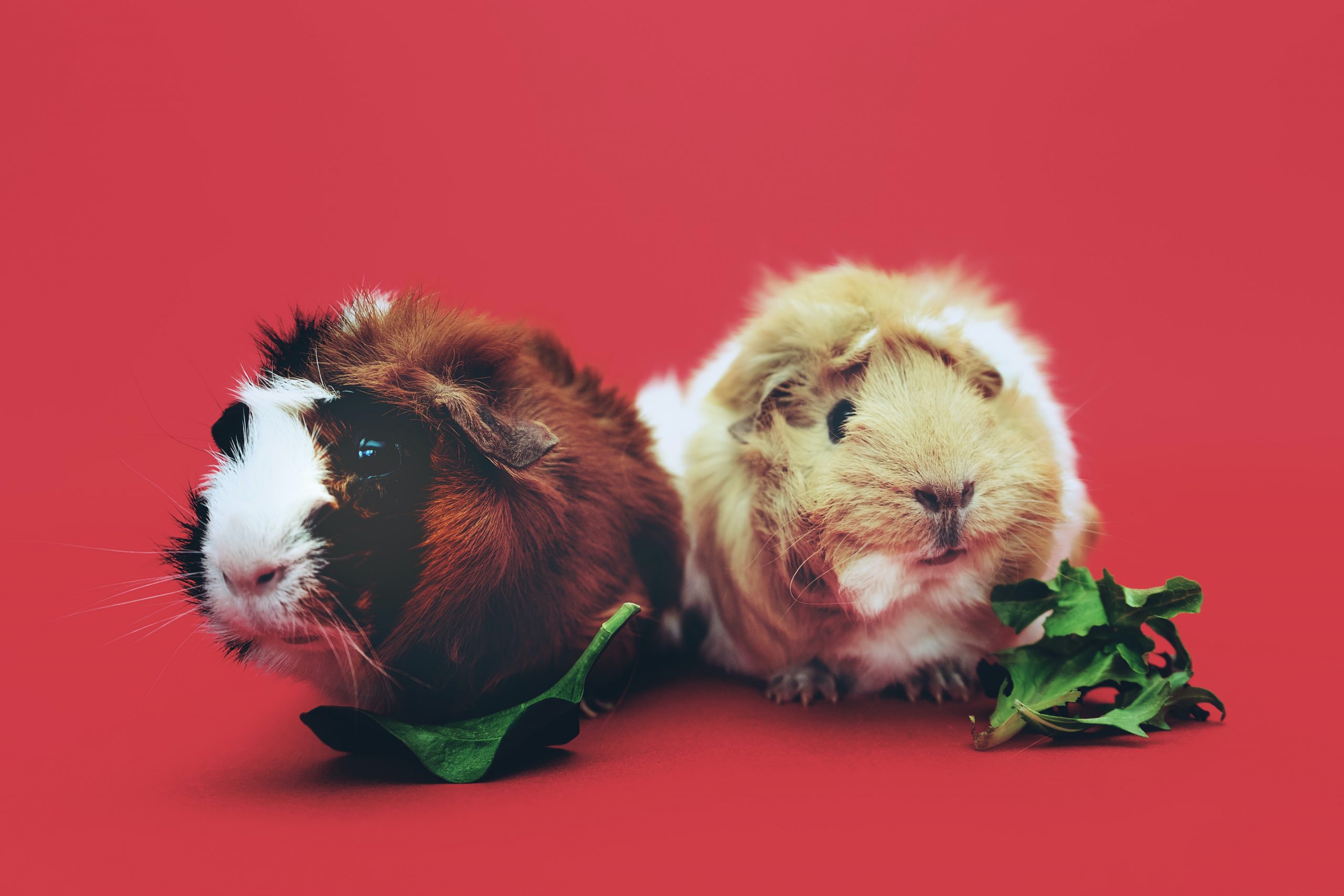
Guinea pigs
Guinea pigs are fun pets that have a gentle nature and can be very stylish. A guinea pig needs at least four square feet of cage space, but the bigger one is better, and they enjoy companionship, so it’s a good idea to have at least two. This can make the demand for their cages much larger for your small space, although you can find guinea pig cages that are longer and taller and have multiple “floors” for your pigs to roam. They have certain dietary requirements but are generally easy to care for.
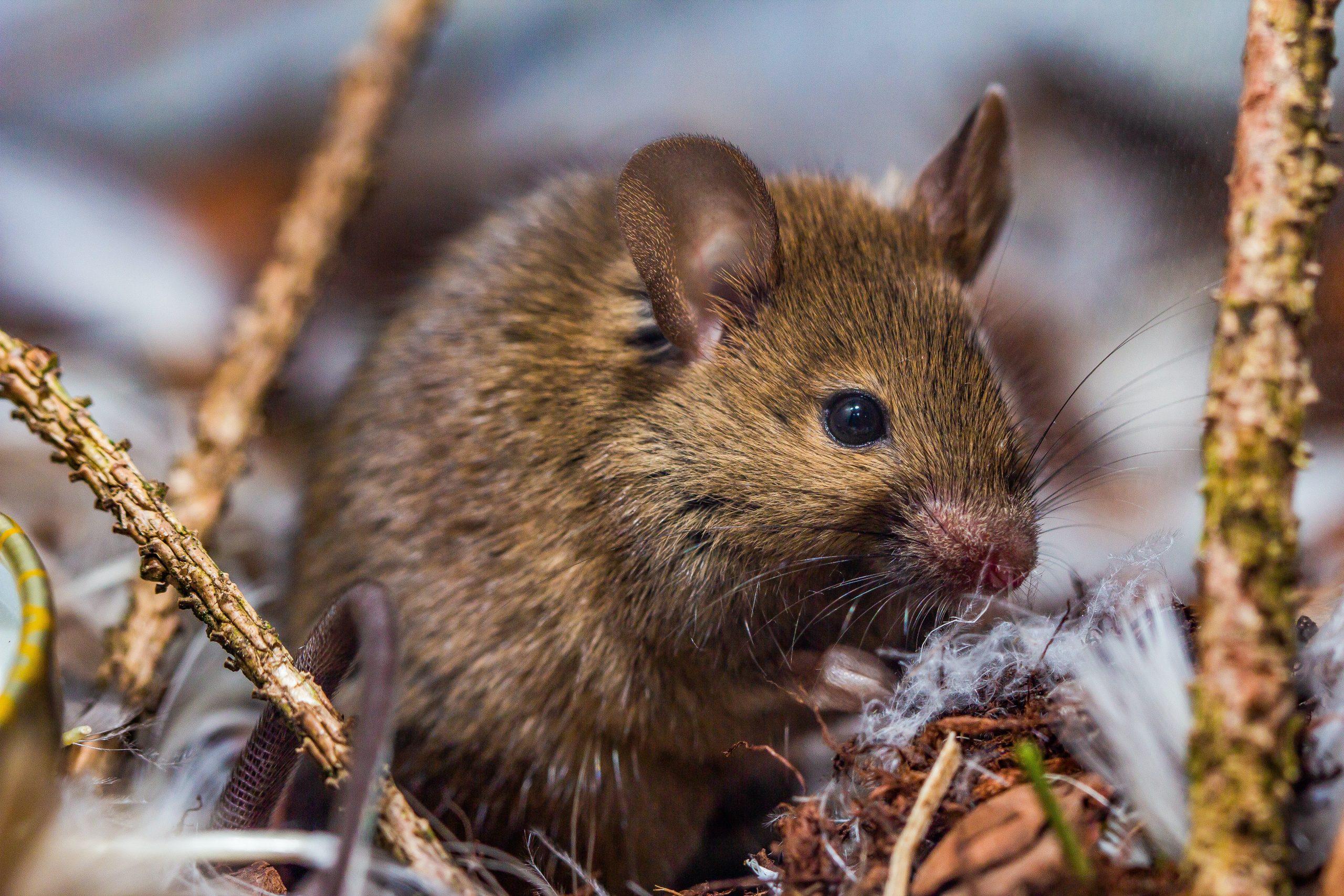
Rats
Although they are adorable, rats need a lot of time and patience to train them to handle handling, and if not handled properly, they can become nipples. You can keep females together but not usually males, so if you want more, it is worth considering the size of the cage. The minimum 10-gallon tank should be used for four rats, although the bigger you are, the better. You need to make sure that you are safe and that there are plenty of items for rat chewing. Rats can be escape artists, and you will be amazed at what they can chew! Rats are very intelligent, fun pets that are easy to take care of. The minimum recommended tank size for one pair of rats is 40 to 60 gallons of aquarium or cage.
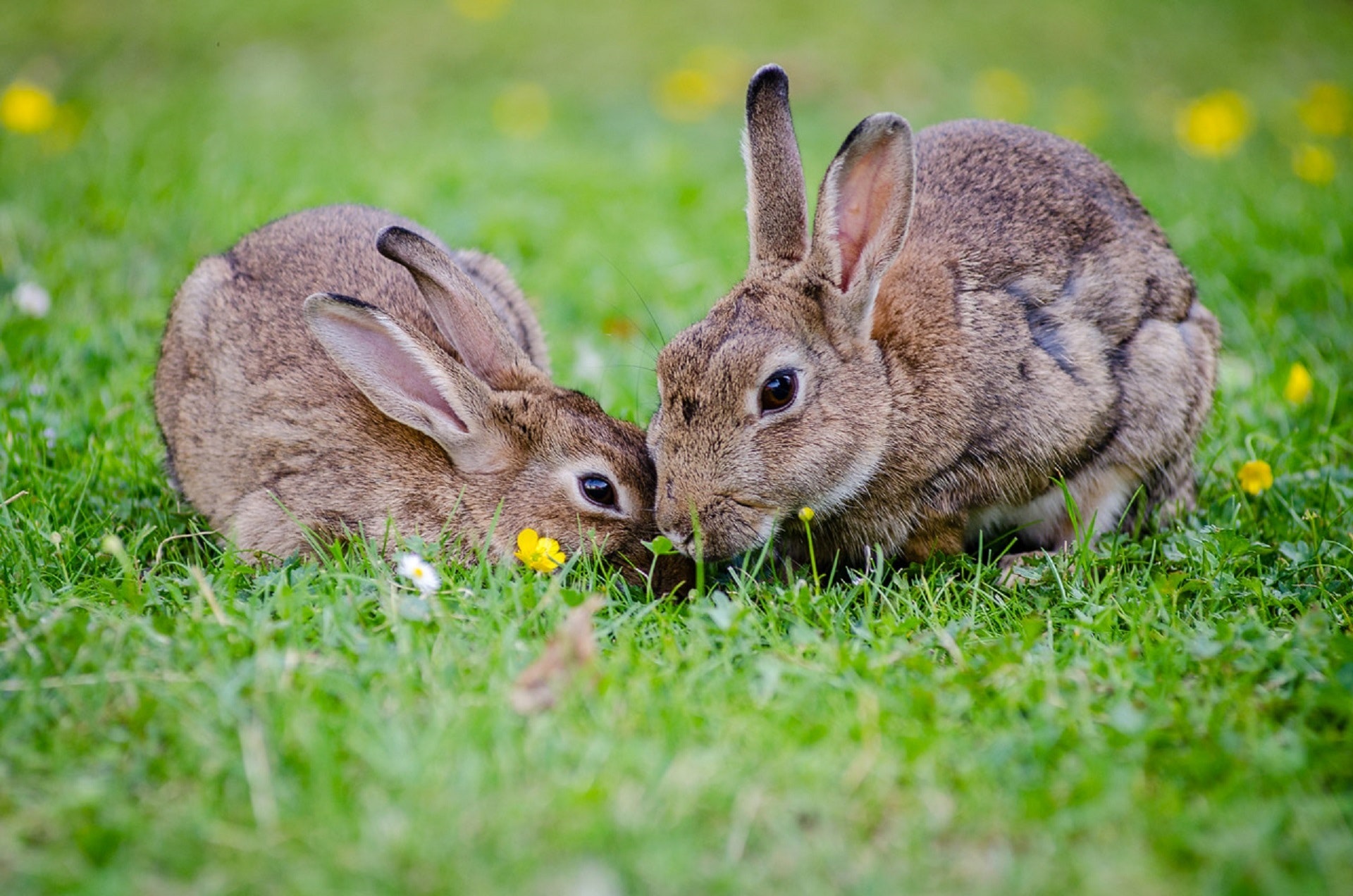
Rabbits
Although some rabbits need a larger cage or hatch than to fit comfortably in a small apartment, smaller rabbits will do better. Species like the Dutch dwarf and mini satin can do well in small homes and even be trained at home. Rabbits enjoy social and other rabbits or even the company of a guinea pig, and they are loving and affectionate. You can even teach them techniques!
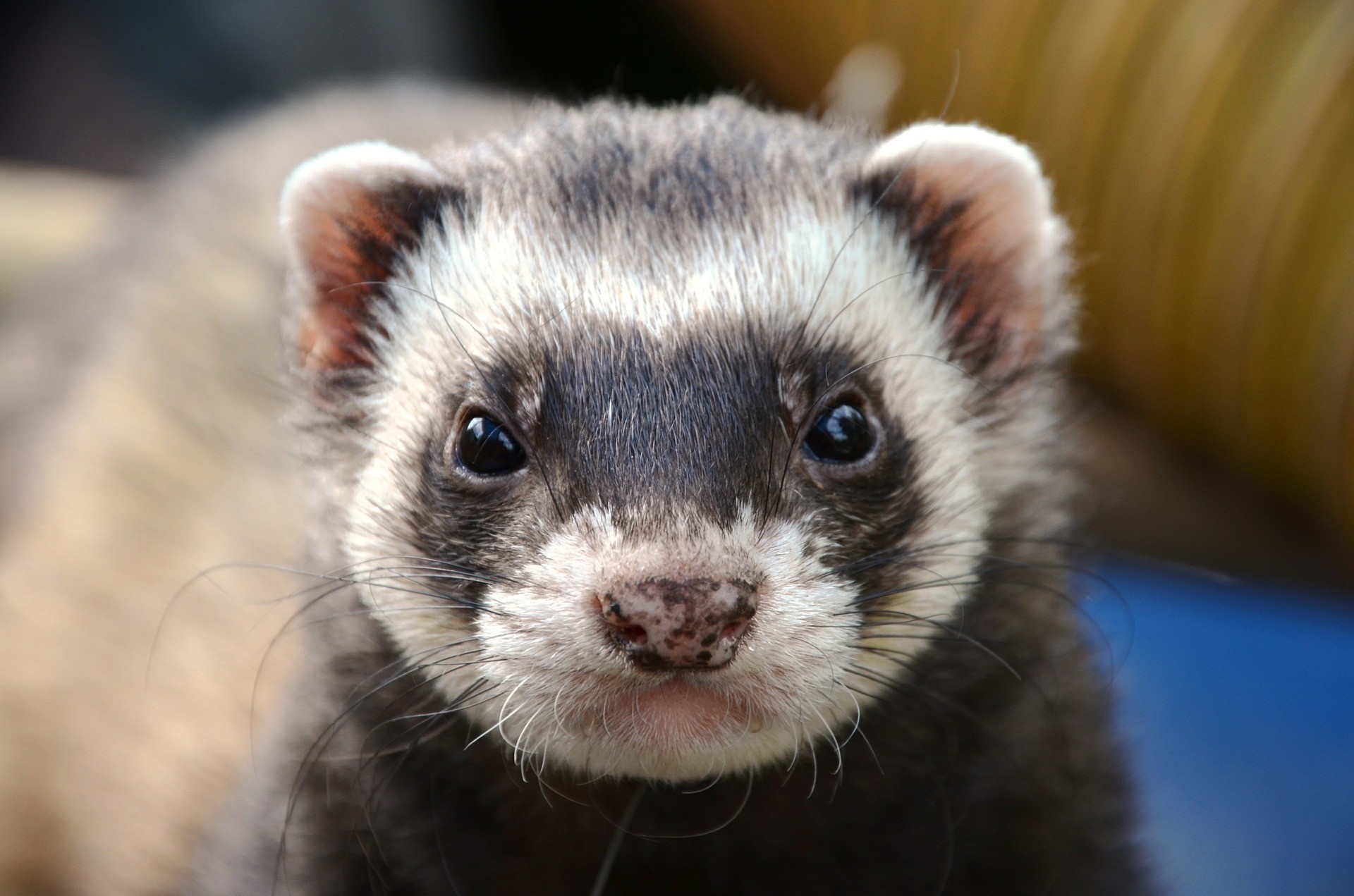
Ferrets
Ferrets have a larger space requirement than some other popular small pets, although you can set up a cage for them that is long with multiple levels for floor space conversation. They are very intelligent pets and work better with other ferrets than alone. If you have a busy schedule, you can get a little more work to handle ferrets. Ferrets are illegal in some states and may be restricted by your housing complex.
Some other options you may be less familiar with:
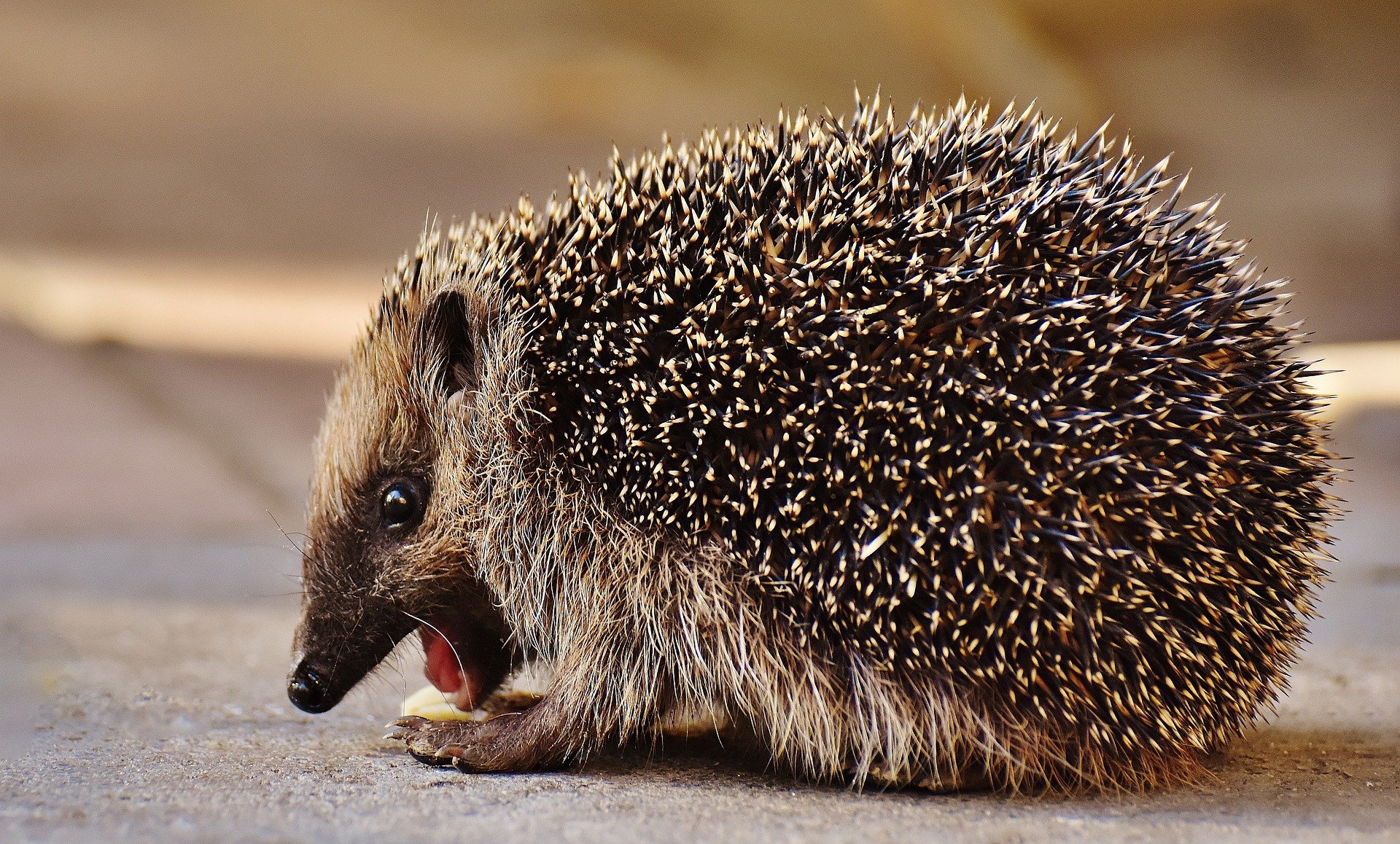
Hedgehogs
Hedgehogs are adorable. These are also considered exotic pets, so you will not find a veterinarian to take care of them easily. On the plus side, they are once known to be very affectionate, but they can be nipples, and you may have to deal with their thorns while teaming. A hedgehog needs a cage that is at least four square feet. Since hedgehogs are external, they may not be approved by your lease, and you may be subject to proprietary legal restrictions depending on where you live.
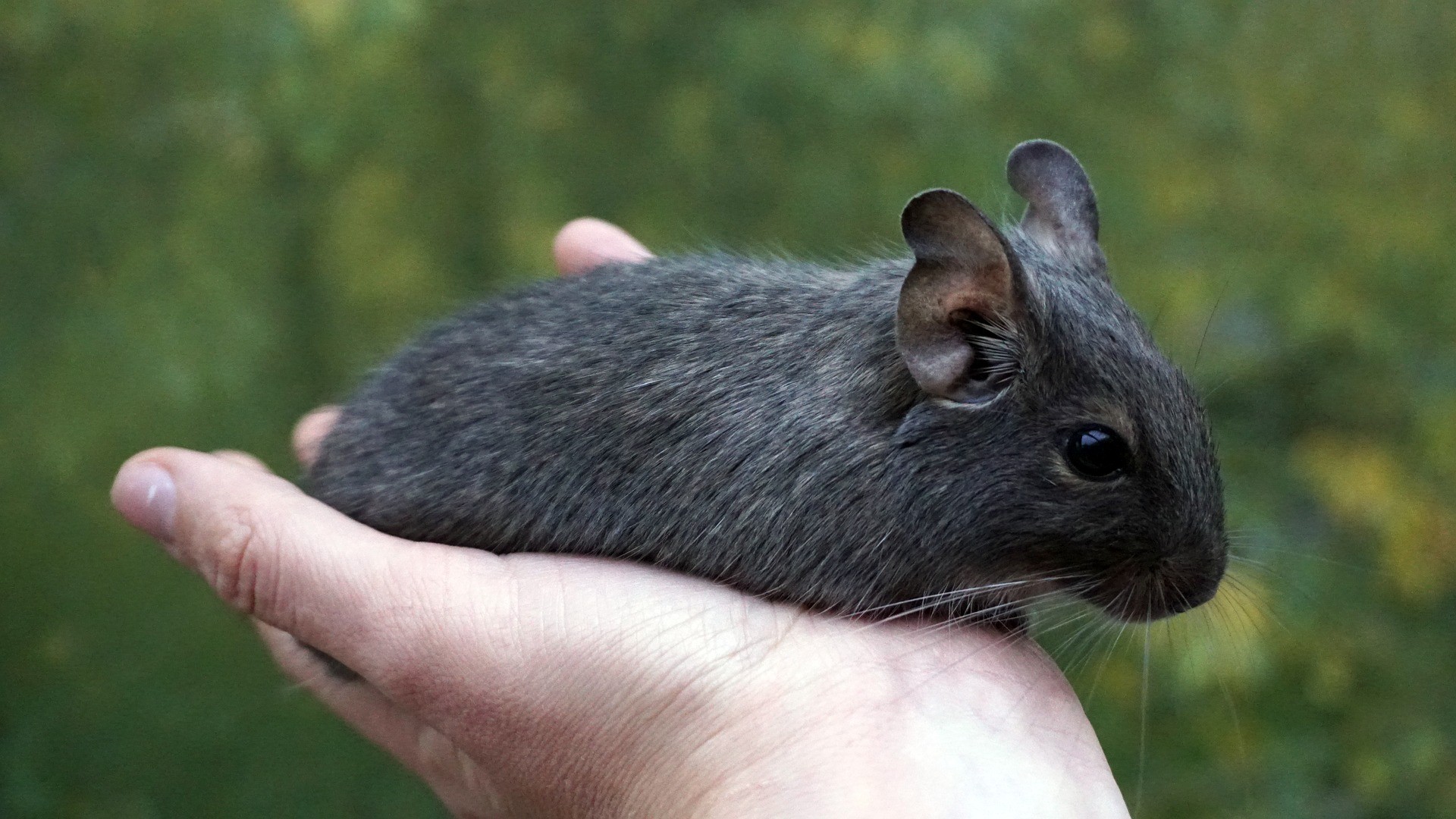
Degus
Degas is not as well known as other small pets like hamsters and guinea pigs, but their popularity grows. They are very intelligent and affectionate with their owners, although you need to control them to handle handling. They like to be social and with other Degu partners. Degus need to spend some time outside their cage every day to exercise, and they are also extremely fast. Therefore, they also need a large cage, which you can get for ferrets or multiple guinea pigs.
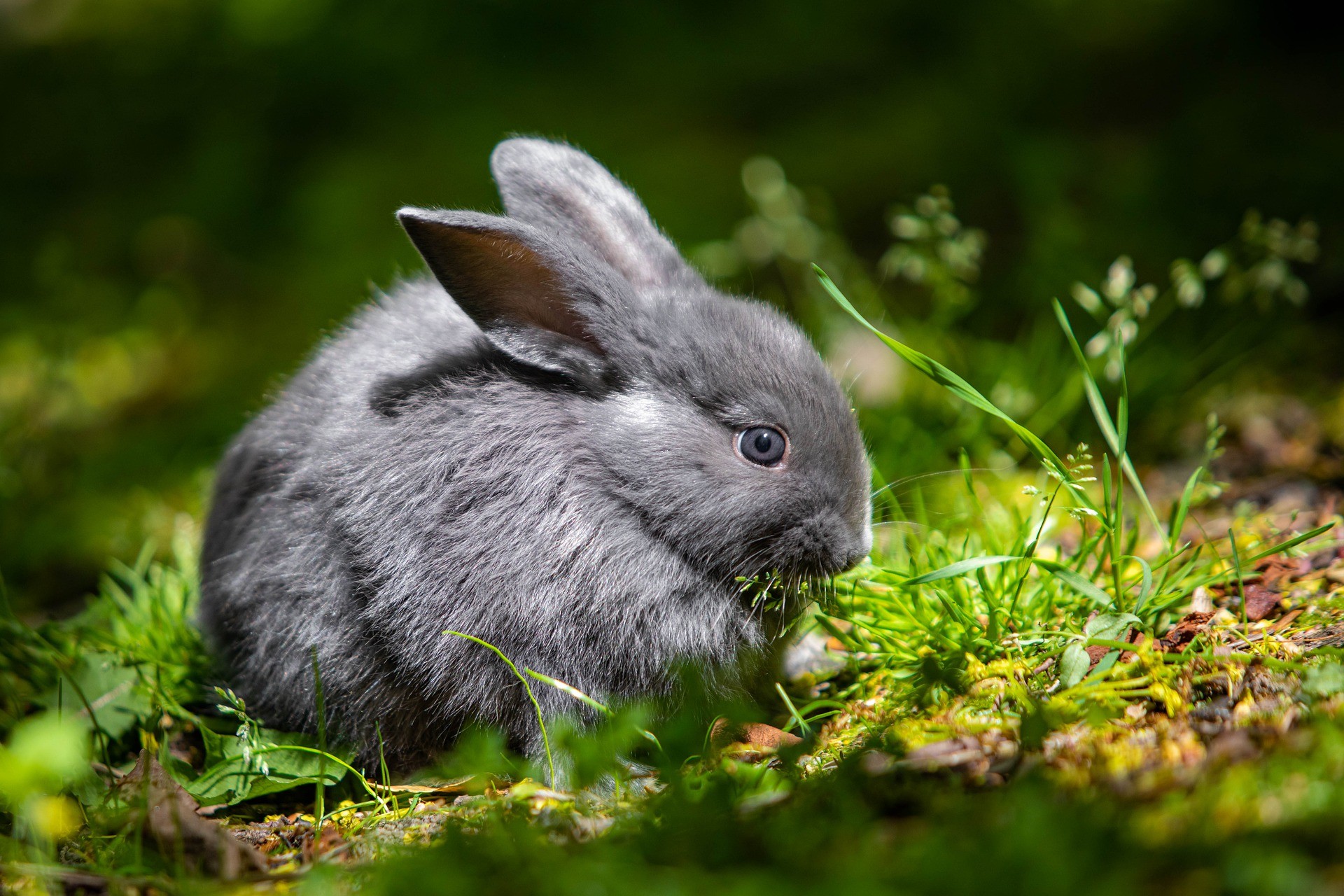
Chinchillas
These cute little animals need a cage that is at least two square feet per chinchilla. You can get them in multi-level cages to save floor space. They have special needs in terms of food, humidity, and room temperature, but they are not difficult to take care of overall. You will need time to exercise outside of their cage and social interaction with you to be happy.
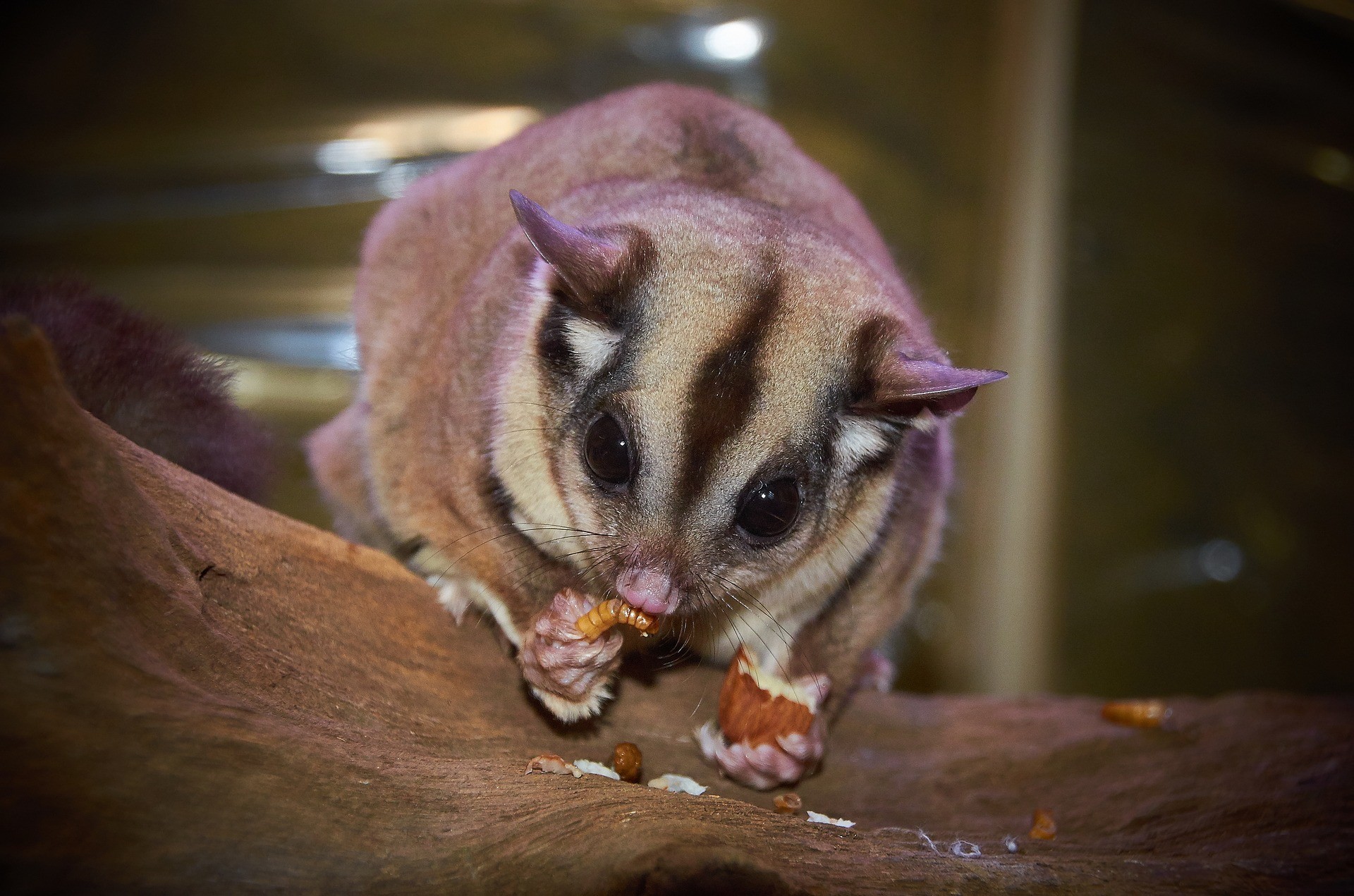
Sugar Glider
They are usually kept in large cages for large parrots. Although these are very affectionate animals, they require a lot of care, especially cleaning. They can be Dnipro, and they are known to eliminate trouble wherever they may be. Even where you live may not be legal.
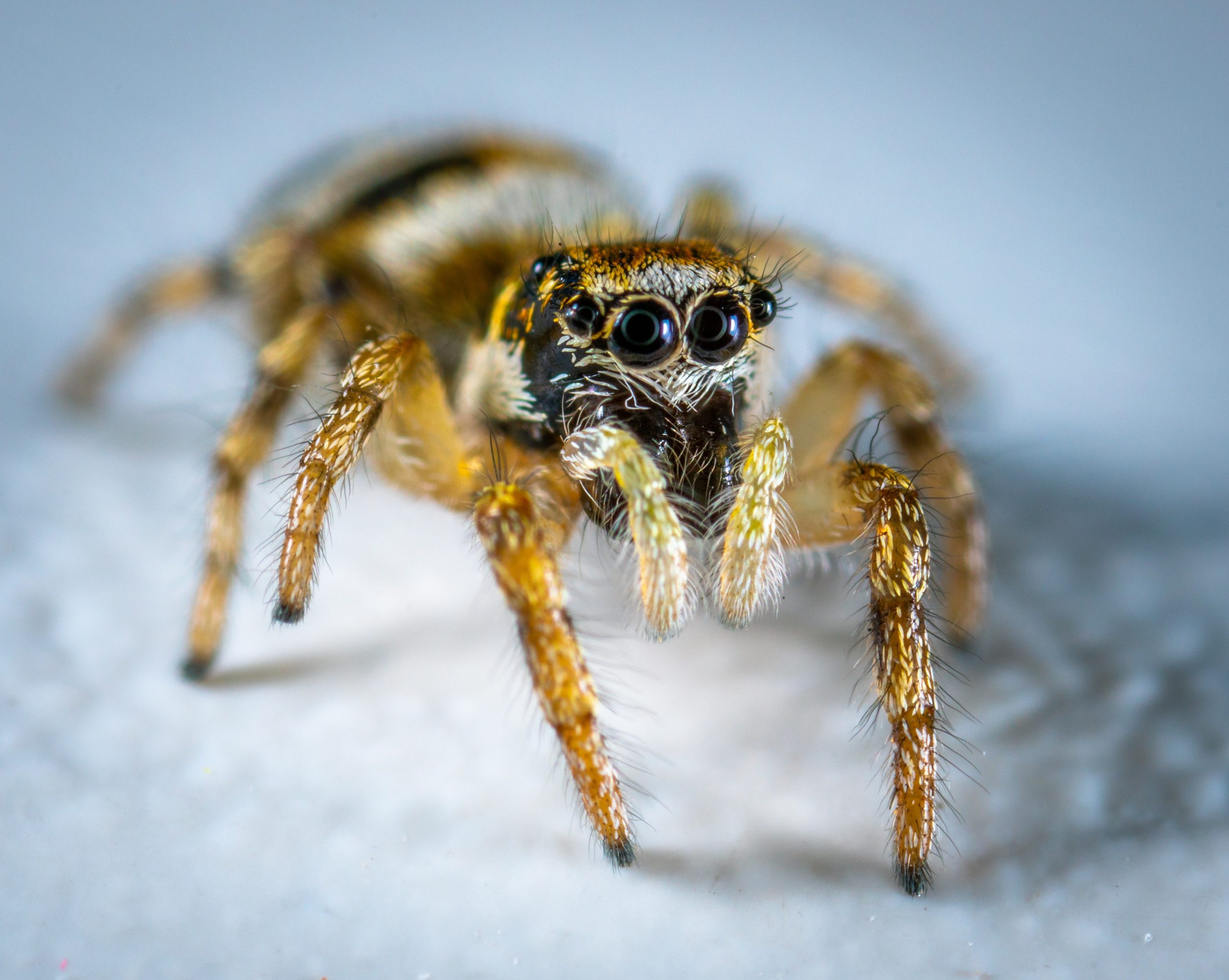
Insects and arachnids
Bugs are not small pets, although they do well in small spaces because you can keep them in a small tank. They don’t need to exercise like big animals and, in most cases, don’t need to communicate with you. While these pets are usually easy to care for, the downside is that they won’t be “loving” pets, or your friends will like you!
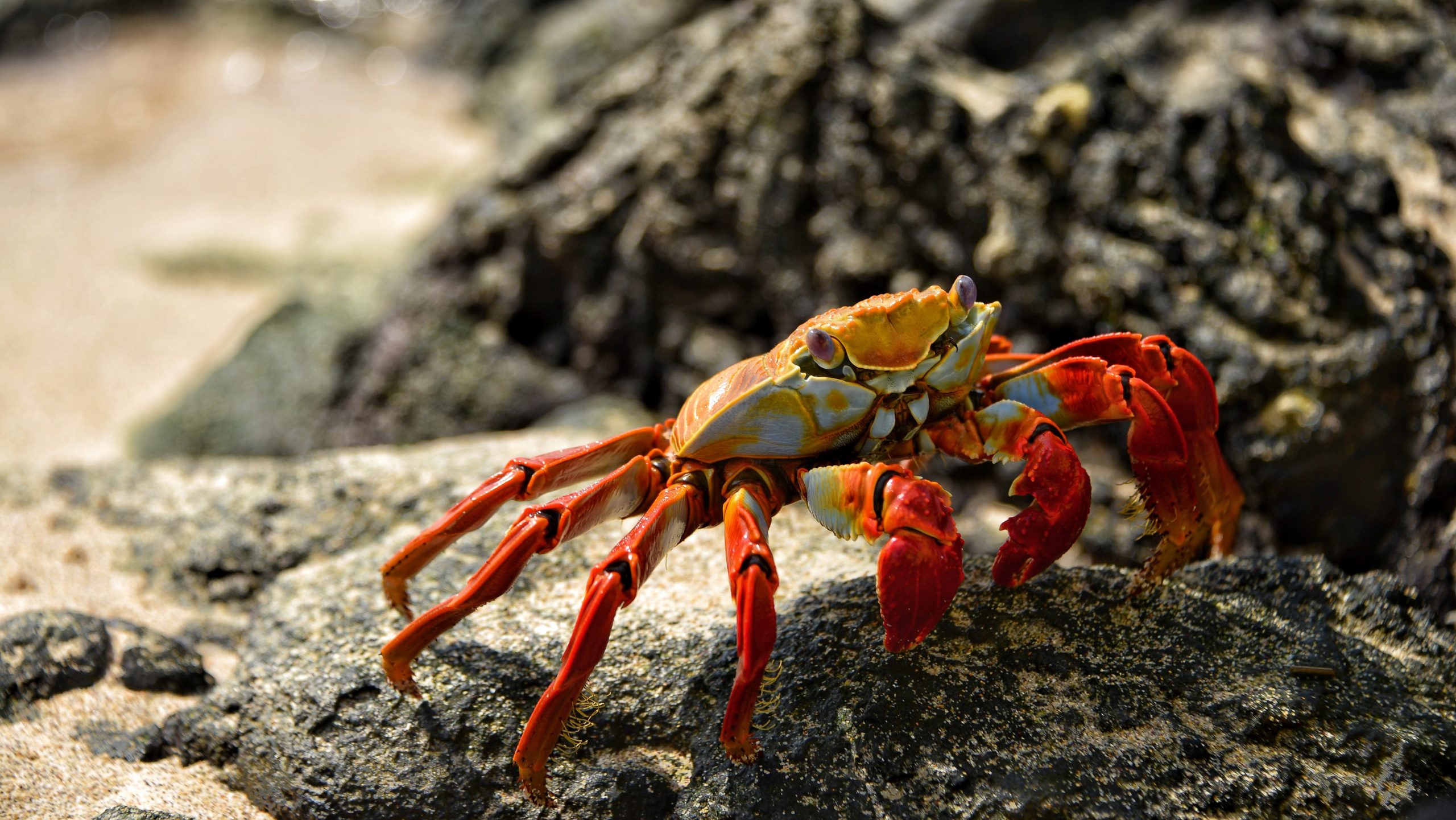
Solitary crab
Another small pet that you can easily keep in an aquarium in your apartment is the herbal crab. Hermit crabs work best in groups with at least three as suggested numbers. You need at least five gallons of tank space for each crab. Hermit crabs are easy to care for even though they have some humidity and temperature requirements on top.
Choosing a pet for your small space
Just as some big dogs may be well suited for a small space because they like to sleep on the couch all day, some small pets may not be a good choice because they have to spend time caring for them and play with them every day when you’re home again. Looking at your lifestyle and your time commitment is the best way to see which pet works best for you and how you can take care of yourself without being overwhelmed. Make sure you check with your property manager, as some of these choices may not be approved by your lease!
What do small animals like to hug? Best Pets for Apartments
Small and toy dog that snuggles. You can’t have a list of the best animals, not to include a dog with you! Many small and toy-sized dogs are very affectionate and enjoy bonding with their humans. However, the “snail factor” varies by breed so if you are looking for a small, affectionate dog, choose one known to be affectionate. Using early socialization and positive reinforcement is the best way to bring out the affectionate side of any small breed of dog. Some of the smaller dogs born as loving companions to people of all ages include King Charles spaniel.
Thanks and regards.
Can French Bulldogs Swim?
Do Golden Retrievers Shed a Lot.
Can Guinea Pigs Eat Strawberries?
White German Shepherd Dog.
Are Hedgehogs Good Pets for Kids?
Blue Heeler German Shepherd.
Orange and White Cat Breed.
The Smallest Cat in The World.
When do Hamsters Hibernate?
Can Bearded Dragons Eat Bananas?
Best small pets for depression.


Trackbacks/Pingbacks